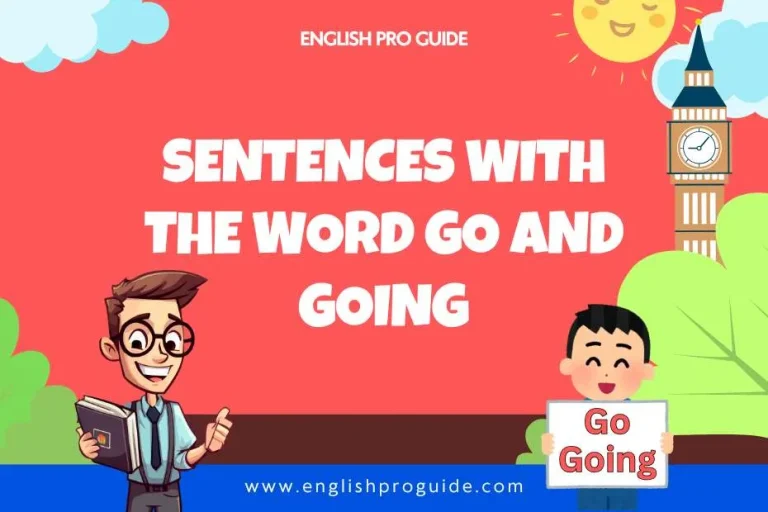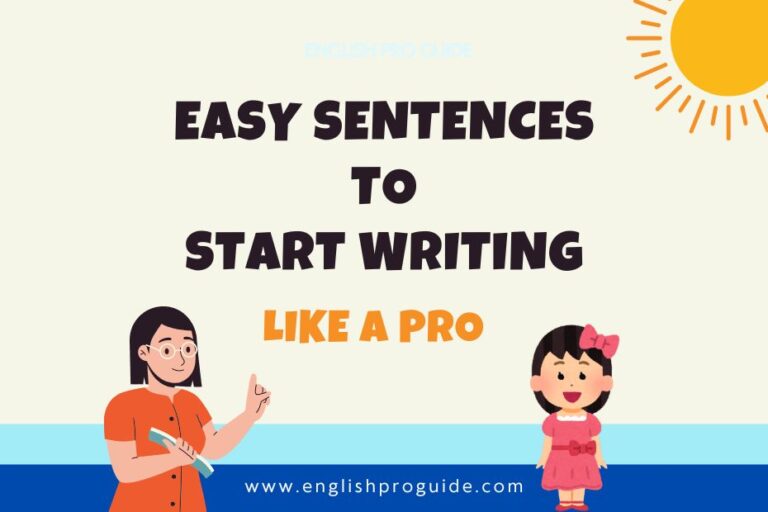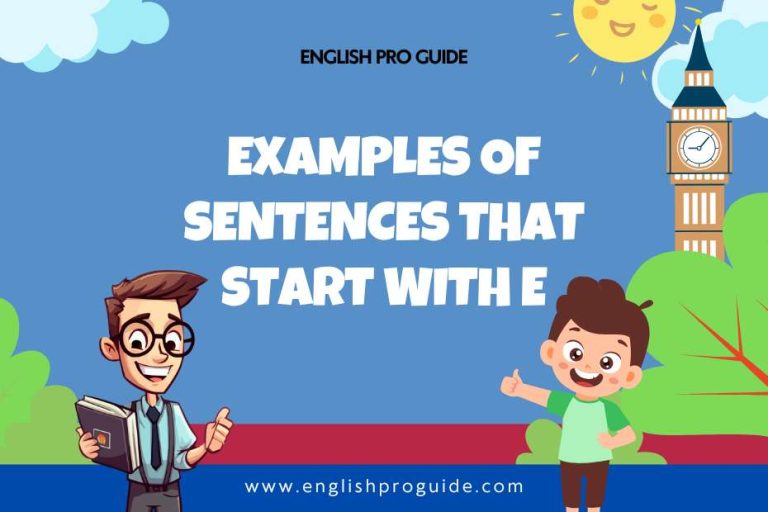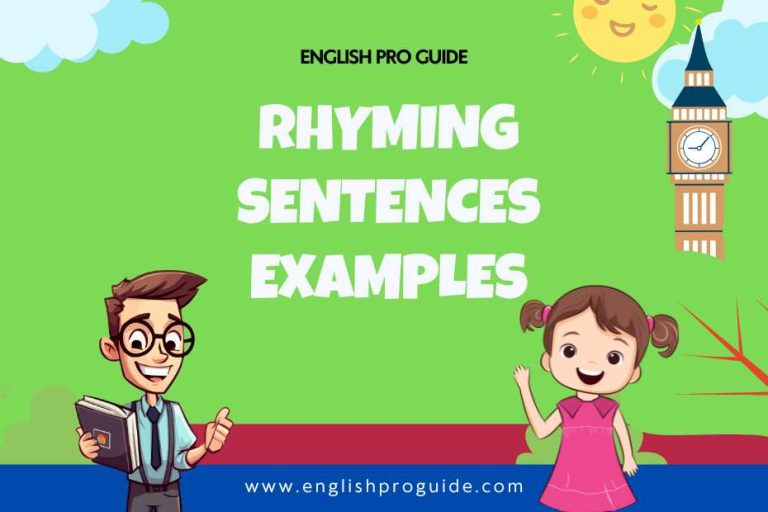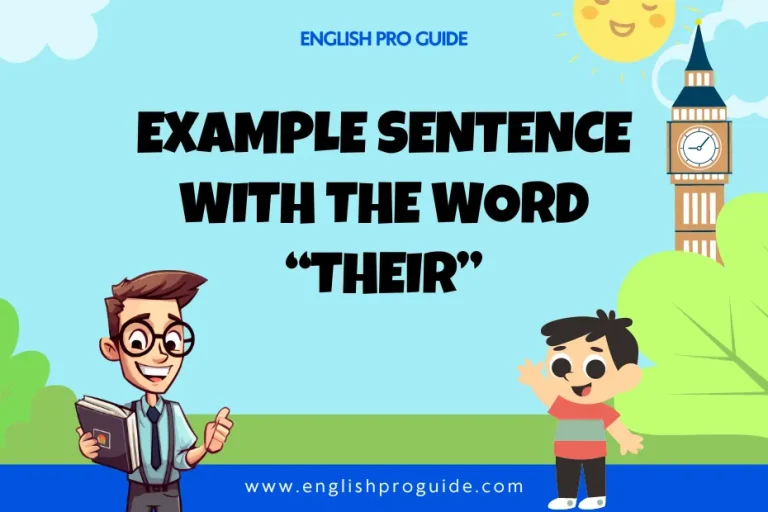Writing Made Fun: Sentence Building Exercises for Beginners
For anyone learning English, writing sentences is an essential skill. But here’s the good news- it doesn’t have to be dull or intimidating! With a few engaging sentence-building exercises, you can improve sentence writing in an enjoyable way.
Whether you’re a beginner or a language enthusiast, these activities will help English learners build confidence, creativity, and fluency in writing.
Why Sentence-Building is Important for English Learners
Sentences are the backbone of communication. When you can write strong, clear sentences, you’ll express yourself better in writing and speaking.
Think of sentences as building blocks—strong sentences build a sturdy structure while weak ones can make your writing shaky. These exercises will help you practice the structure and creativity needed to improve your sentence-writing skills.
How to Start Simple Sentences?
Simple sentences are basic but effective. They follow a straightforward structure with a subject (who or what), a verb (action), and sometimes an object (the thing receiving the action). For easy sentence building you can see:
- The dog barks.
- She reads a book.
- They love soccer.
If you’re comfortable creating simple sentences, you can start building on them to make your writing more interesting and expressive.
1. Fun Matching Game to Build Sentences
Make learning interactive by turning sentence-building into a game. Write down nouns, verbs, adjectives, and other words on small cards. Mix them up and try to create sentences.
How It Works
- Pick cards from each pile (e.g., the, cat, jumps, quickly).
- Rearrange the words to form a sentence like The cat jumps quickly.
This activity helps you understand how different types of words work together to form a clear sentence. To make it more advanced, add extra words to expand your sentences:
- Basic Sentence: The dog barks.
- Expanded Sentence: The little brown dog barks loudly at the strangers.
2. Expand Sentences Step by Step
Take a short sentence and ask questions like “Who? What? Where? When? Why?” to add details. This method teaches you how to improve sentence clarity and description.
Example
Start with a basic sentence like The girl sings.
- Who? The cheerful girl sings.
- What? The cheerful girl sings a song.
- Where? The cheerful girl sings a song in the park.
- When? The cheerful girl sings a song in the park every morning.
Expanded sentences not only look more engaging but also communicate more information effectively.
Read More: Longest Sentence In English With One Word
3. Describe Pictures
Visual prompts spark creativity. Choose a picture from a magazine, book, or phone and describe what’s happening in it.
Example
If you see a photo of a child flying a kite, you could write The happy child runs across the field with a colorful kite. Add extra details to make your writing richer:
- The joyful child runs across the green field with a colorful kite, enjoying the cool breeze on a sunny day.
This exercise helps you practice descriptive sentences, which are useful for storytelling.
4. Fix the Mistakes
Learning by correcting is powerful! Take broken or incorrect sentences and rewrite them properly. For example:
- Incorrect Sentence: He go to school yesterday.
- Correct Sentence: He went to school yesterday.
This helps sharpen your grammar and sentence-building skills. You can find example sentences online or create your own to practice.
5. Play Sentence-Adding Games
Grab a friend or family member for this fun activity. Start with a simple sentence building, and each person adds a word or phrase to make it longer.
Example Sentence Building Idea
- I like pizza.
- I like cheesy pizza.
- I like cheesy pizza with extra toppings.
- I like cheesy pizza with extra toppings that I order from my favorite restaurant.
This activity boosts creativity, teamwork, and improvisation while improving your sentence-writing abilities.
6. Practice Compound Sentences
Use words like and, but, or, and so to connect two simple sentences into compound sentences. Here’s how you can try it:
- She likes reading. She doesn’t enjoy writing. → She likes reading, but she doesn’t enjoy writing.
- I wanted to watch a movie. It was sold out. → I wanted to watch a movie, but it was sold out.
Compound sentences add variety to your writing. Practice combining short sentences to make more complex ones.
7. Create Complex Sentences
Complex sentences combine an independent (complete) clause with a dependent clause (incomplete without the main sentence) using words like because, if, while, and although.
Example
- Simple Sentences: It was raining. I stayed home.
- Complex Sentence: Because it was raining, I stayed home.
Writing complex sentences like these will elevate your writing skills over time.
Tips for Daily Practice
Practice makes perfect, especially when it comes to writing. Set aside a few minutes every day to work on your sentences. Here are some ideas:
- Journaling: Write about your day in short, descriptive sentences.
- Paragraph Writing: Combine several sentences about a single topic into a short paragraph.
- Storytelling: Write a mini-story with a beginning, middle, and end using creative sentences.
Example of a Paragraph
I love weekends. Every Saturday, I wake up early and go to the park with my dog. The sunny mornings are perfect for long walks. Sometimes, I meet my friends there, and we enjoy coffee while watching the kids play.
Final Thoughts
Building sentences doesn’t have to feel like a chore. With these sentence-building exercises, you already have the tools to improve your writing in English while having fun. Start small and work your way up.
Be patient with yourself, and remember -it’s okay to make mistakes as you learn. Every day of practice brings you closer to writing fluency. Get creative, make it interactive, and keep going. Before you know it, you’ll be crafting clear and strong sentences effortlessly!

